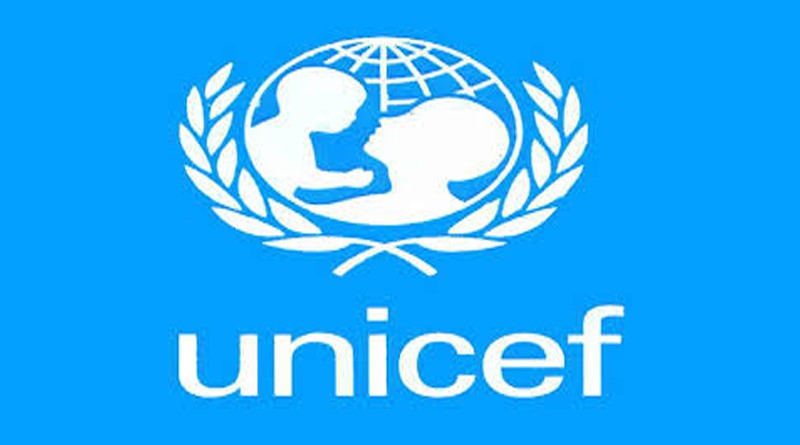UNICEF engages Kano youths on access to safe, quality education for girls
The United Nations Children’s Fund (UNICEF) Thursday commenced a 4-day training workshop for over 100 select Kano youths focused on empowering them to effectively advocate for gender responsive, sensitive and inclusive education policies in Kano State, towards improved demand and supply for free, safe, and quality education for especially girls in the state.

The training workshop which is being held in Kano was under the aegis of phase 3 of UNICEF Nigeria’s Girls Education Project (GEP3), in collaboration with the Kano State Universal Basic Education Board, with the support of the UK’s Department for International Development (UK-DFID).
Professor Aisha Abdul Ismail, director of Bayero University’s Centre for Gender Studies (CGS), while speaking on the role of gender in education at the workshop, described girls’ education as the best investment in the quest towards achieving sustainable development and thus, called for gender-sensitive education policies in Kano state.
Professor Ismail, who is also the chairperson of the Kano High-Level Women Advocates (HiLWA) – a network of influential women focused on high-level advocacy for gender-responsive change in the educational sector – said ensuring access to free, safe and quality education for girls enables them to move up the societal ladder – by empowering them with the basic skills of life which allows them to contribute effectively to societal development.
“In particular, girls’ education reduces the rate of maternal mortality and enhances child health through good hygiene, disease control, protection from HIV/AIDs and other Sexually Transmitted Diseases. Education builds the capacity of the girls and by extension that of their family and community at large; it reduces poverty and breaks the vicious circle of hereditary poverty. Education grooms her to become a positive nurturer and care-giver. Education will protect women and their families from all dimensions of domestic violence,” she said.
Prof Ismail identified preventing girls from attending schools by parents (on the basis of their gender); poverty; forced marriages and preferential treatment for boys over girls as well as distance, safety and security issues, as some of the factors hindering access to safe and quality education for girls. She likewise enumerated the consequences of girls’ inability to attend school to be inadequate representation of women in decision-making processes; increased rates of maternal mortality and prevalence of Gender –Based Violence (GBV), amongst others.












